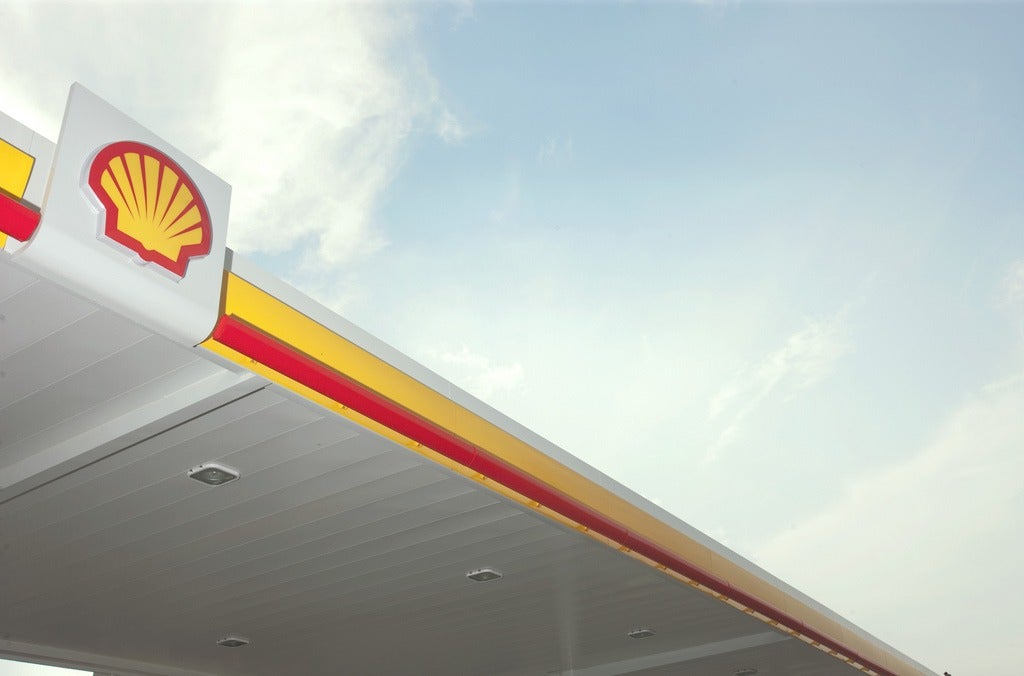
Shell plans to sell its 22.45% interest in the Gulf of Mexico’s Caesar-Tonga asset for $965m (£747m) to Delek CT Investment LLC, a subsidiary of Delek Group, it was announced today.
Subject to certain conditions, including regulatory approvals, the Sales and Purchase Agreement is likely to close by the end of the third quarter 2019.
Located approximately 190 miles (300 kilometers) southwest of New Orleans, Louisiana, the development area averages 70,000 barrels of oil equivalent per day (boe/d) and is operated by Anadarko Petroleum Corporation, which holds a 33.75% interest.
It covers blocks GC683, GC726, GC727 and GC770 at water depths of about 4,900 feet (1,500 meters), and its remaining interest is distributed between Equinor (23.55%) and Chevron (20.25%).
“This transaction represents our continued focus on strategically positioning our deep-water business for growth and is consistent with our upstream strategy of pursuing competitive projects that deliver value in the 2020s and beyond.” said upstream director at the Anglo-Dutch firm Andy Brown.
“The sale will contribute to Shell’s ongoing divestment programme and allow us to direct resources to the areas where we see the most value in the longer term.”
Shell Caesar-Tonga interest sale follows clean energy investments
Shell’s global deep-water production is expected to exceed 900,000 boe/d by 2020 from already discovered and established reservoirs.
Its portfolio includes growth opportunities in the Gulf of Mexico, Brazil, Nigeria and Malaysia, as well as in emerging offshore basins such as Mexico, Mauritania and the Western Black Sea.
Meanwhile, the Netherlands-based company announced on 8 April it would be investing $300m (£230m) in an attempt to limit the amount of carbon emissions its products create by up to 3% by 2022.
Part of the Anglo-Dutch oil giant’s aim to reduce its net carbon footprint, the plan involves funding lower-carbon transport infrastructure, from battery electric vehicle charging to liquefied natural gas and hydrogen.
“There is no single solution to tackling climate change. A transformation of the global energy system is needed, from electricity generation to industry and transport,” said CEO Ben van Beurden.
“Shell will play its part. Our focus on natural ecosystems is one step we are taking today to support the transition towards a low-carbon future.
“This comes in addition to our existing efforts, from reducing the carbon intensity of oil and gas operations to investments in renewable sources of energy.”






